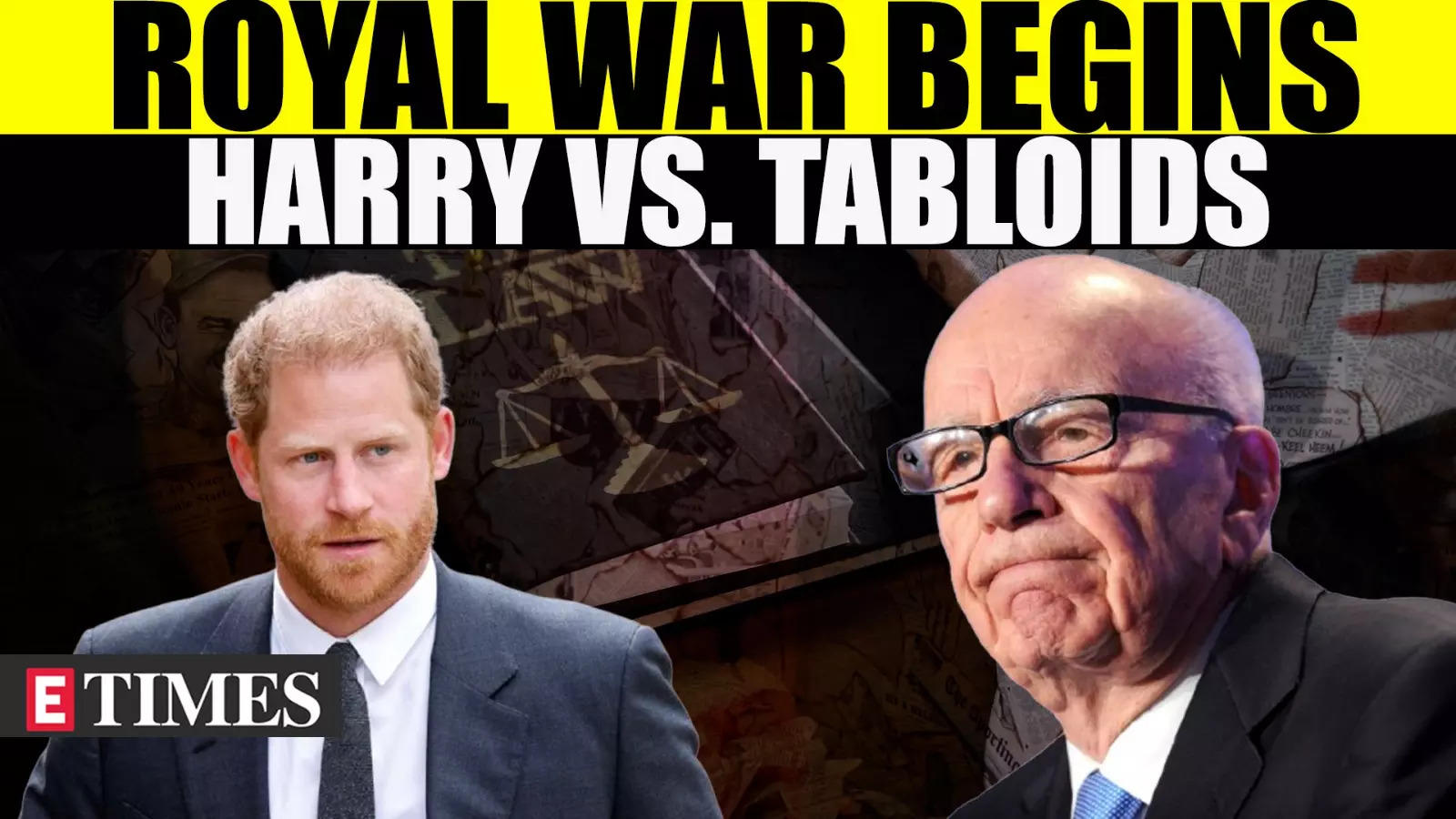A British Columbia woman has been ordered to pay her former romantic partner $450 for her ticket to attend a Coldplay concert together on what she said she believed was a date.
But the province’s Civil Resolution Tribunal says in a ruling that there was no evidence Michael Stolfi intended the ticket to be a gift to Alyssa Randles, and that instead it was a loan that the woman had to repay.
Stolfi took Randles to the tribunal after she refused to pay for the ticket and other expenses associated with the trip to Vancouver to attend the September 2023 concert by the British rockers.
Randles told the tribunal that the trip was a date, the ticket was a gift, and Stolfi only asked for the money after the concert.
Tribunal member Mark Henderson says in his July 15 ruling that Randles relied on the fact she was dating Stolfi to establish the ticket was gift, but she didn’t describe any “specific conduct” by Stolfi to show that was his intention, such as a history of similar gifts.
Henderson wrote that during the hearing, Stolfi provided a copy of an e-transfer receipt for $900 he had paid to Randles. Stolfi told the tribunal he transferred the money to Randles so she could buy the Coldplay tickets through her Ticketmaster account, with the intention of paying him back “on her next payday.”
Randles, however, said Stolfi “made it sound like it was a gift to her.” She did not, however, produce any evidence indicating it would be a gift or that Stolfi had a history of giving such gifts.
Randles also did not tell the tribunal how long she and Stolfi had been dating at the time the tickets were purchased, something that was also noted by Henderson in his ruling as a failure to establish a reason why the tickets might be considered a gift.
Further, she said that when Stolfi texted her asking for money the week following the concert, she told him she could not afford to pay him back, to which he replied “It’s all good,” which she said she interpreted as him not wanting the money at all.
But Henderson noted Stolfi continued to follow up in a text conversation on Oct. 3 in which he “became increasingly more aggressive,” and later threatened to contact Randles’s “landlord, employer and family to get payment.” At this point, Randles contacted the police who told her not to pay Stolfi and to stop communicating with him, the tribunal heard.
Beyond the tickets, Stolfi sought a total of $600 to cover the ticket and other costs associated with the trip such as taxi fare, meals and a hotel room, for which he provided receipts.
But Henderson ruled against repayment of the additional costs because he says Stolfi didn’t prove Randles agreed to “specific terms” for repayment of the hotel, taxi and dining expenses.
“The parties had no written contract,” Henderson wrote. “A verbal contract is enforceable like a written contract, but it can be harder to prove.”
However, he said it was clear there had been a conversation about splitting the cost of the tickets, and ordered Randles to pay Stolfi the $450 for her ticket, as well as additional costs associated with getting the money back, for a total of $531.19.







